James J Beha Ii
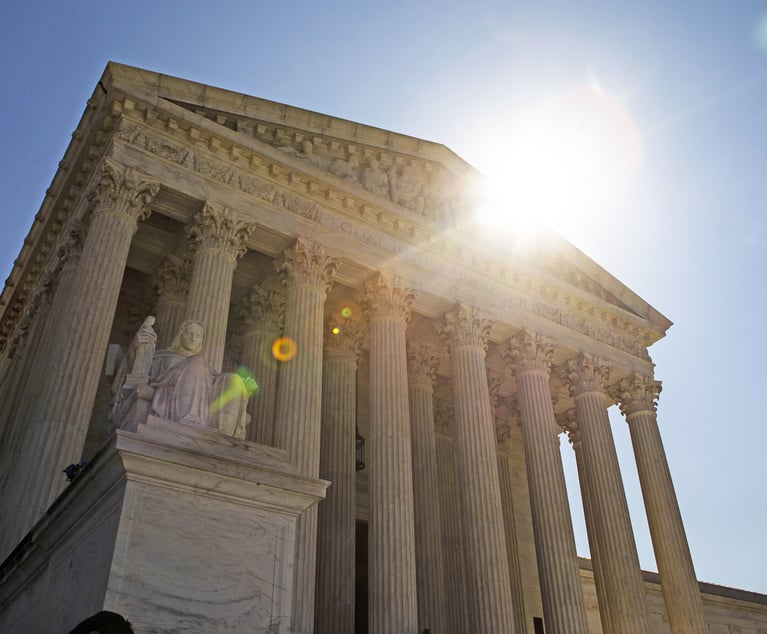
April 24, 2024 | New York Law Journal
Supreme Court Confirms 'Pure Omissions' Cannot Support Securities Fraud LiabilityIn a significant decision regarding the scope of the federal securities laws' anti-fraud provisions, the U.S. Supreme Court held that "pure omissions" are inactionable under Section 10(b) of the Securities Exchange Act and its enabling rule, SEC Rule 10b-5.
By James J. Beha II and Brendan F. Quigley
9 minute read
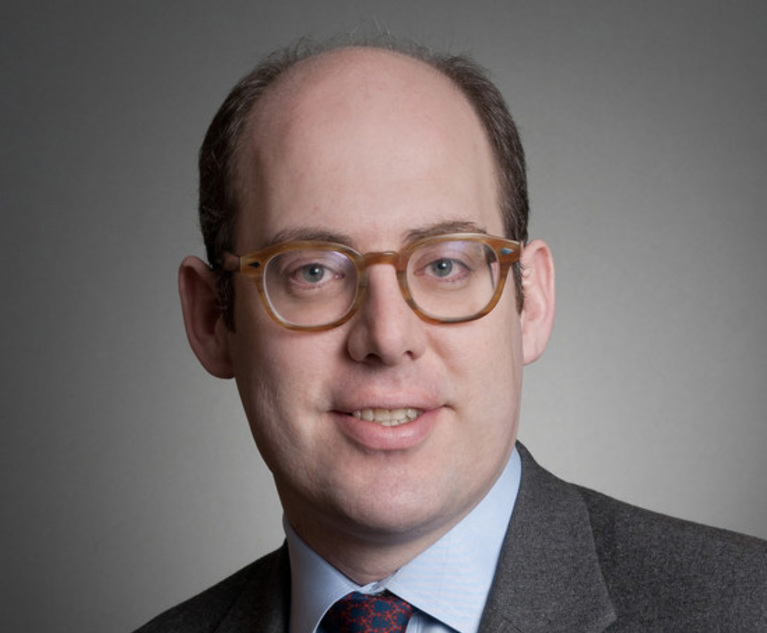
October 18, 2023 | New York Law Journal
U.S. Supreme Court To Decide Whether Shareholders Can Sue for Alleged Failures to Comply With Item 303's Disclosure RequirementsThe U.S. Supreme Court is set to decide whether shareholders can sue for alleged failures to comply with Item 303's disclosure requirements. In 'Macquarie Infrastructure Corp. v. Moab Partners, L.P,' the court will decide whether private plaintiffs can import Item 303's broad, subjective disclosure requirements into a Rule 10b-5 private securities fraud claim. The court's resolution of this issue could have a significant effect on the scope of public companies' potential liability for alleged securities fraud.
By James J. Beha II
13 minute read

June 30, 2023 | New York Law Journal
High Court Confirms Strict 'Tracing' Requirement of Section 11 of the Securities ActWhile the court's decision in Slack confirmed an important limitation on Section 11 litigation, it left the door open to a potential expansion of liability in connection with the Securities Act's registration requirements under Section 12(a)(2) in the future.
By James J. Beha II, John B. Lawrence and Ryan T. Ward
12 minute read
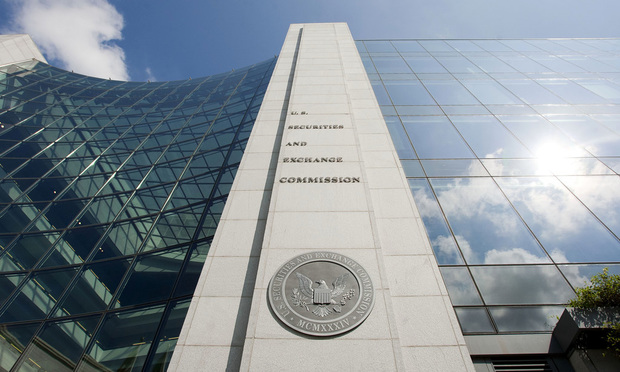
May 31, 2019 | New York Law Journal
Does 'Lorenzo' Expand the Scope of Private Securities Litigation?The Supreme Court's recent decision in 'Lorenzo v. Securities & Exchange Commission'—which affirmed a finding of liability under §10(b) and Rule 10b-5 against a defendant who knowingly “disseminated” another party's false statement—may provide private plaintiffs a basis to argue for more expansive Rule 10b-5 liability.
By Joel C. Haims, James J. Beha II, Michael D. Birnbaum and Steven T. Rappoport
15 minute read
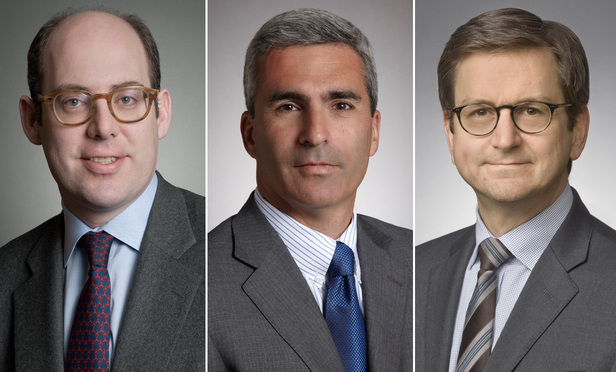
April 27, 2016 | New York Law Journal
Corporate Disclosure of Government InvestigationsJames J. Beha II, Jordan Eth and Craig D. Martin write: While a company's decision whether to disclose an ongoing government investigation may implicate many different legal, public relations, and business concerns, decisions in the Southern District provide comfort that a company need not disclose an ongoing investigation under federal securities laws, unless and until the company determines that the investigation is "substantially certain" to lead to a formal government enforcement action, so long as the company's other disclosures are not rendered misleading by the omission.
By James J. Beha II, Jordan Eth and Craig D. Martin
17 minute read
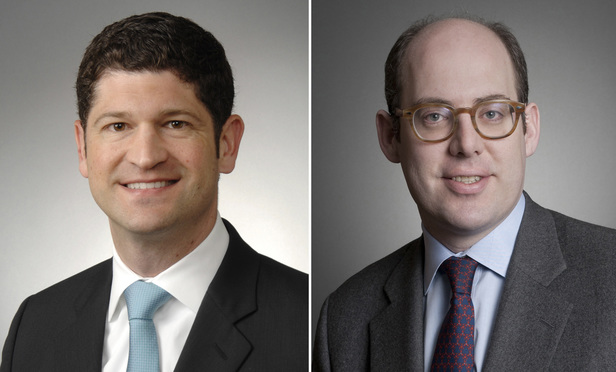
June 22, 2015 | New York Law Journal
Deference When Board Refuses Shareholder Litigation DemandPhilip T. Besirof and James J. Beha II discuss a recent Delaware Chancery Court decision that turned on the distinction between the standards for pleading shareholder derivative standing in a "demand-excused" case, when the plaintiff argues that demanding the board to take action should be excused as futile, and a "demand-refused" case, where a shareholder seeks to proceed derivatively after a demand has been made and refused.
By Philip T. Besirof and James J. Beha II
10 minute read

June 19, 2015 | New York Law Journal
Deference When Board Refuses Shareholder Litigation DemandPhilip T. Besirof and James J. Beha II discuss a recent Delaware Chancery Court decision that turned on the distinction between the standards for pleading shareholder derivative standing in a "demand-excused" case, when the plaintiff argues that demanding the board to take action should be excused as futile, and a "demand-refused" case, where a shareholder seeks to proceed derivatively after a demand has been made and refused.
By Philip T. Besirof and James J. Beha II
10 minute read

February 23, 2015 | New York Law Journal
Corporation Must Advance Defense Costs Despite Guilty PleaJoel C. Haims, Jamie A. Levitt and James J. Beha II analyze a recent decision in which the Delaware Chancery Court required a corporation to advance a former director's costs of defending against an SEC insider trading lawsuit, despite the director's guilty plea in a related criminal case.
By Joel C. Haims, Jamie A. Levitt and James J. Beha II
11 minute read

February 22, 2015 | New York Law Journal
Corporation Must Advance Defense Costs Despite Guilty PleaJoel C. Haims, Jamie A. Levitt and James J. Beha II analyze a recent decision in which the Delaware Chancery Court required a corporation to advance a former director's costs of defending against an SEC insider trading lawsuit, despite the director's guilty plea in a related criminal case.
By Joel C. Haims, Jamie A. Levitt and James J. Beha II
11 minute read

December 11, 2014 | New York Law Journal
Going-Private Transactions and Business Judgment RuleJoel C. Haims, Jamie A. Levitt and James J. Beha II write: As a result of the more stringent review applied to interested-party transactions, going-private transactions and other controlling shareholder mergers usually have been subject to burdensome and expensive court challenges irrespective of their terms. Delaware courts sought to address this problem last year, and New York is now following their lead.
By Joel C. Haims, Jamie A. Levitt and James J. Beha II
11 minute read
More from ALM
- Scan In Progress: Litigators Leverage AI to Screen Prospective Jurors 1 minute read
- Legal Speak at General Counsel Conference East 2024: Match Group's Katie Dugan & Herrick's Carol Goodman 1 minute read
- Legal Speak at General Counsel Conference East 2024: Eric Wall, Executive VP, Syllo 1 minute read



